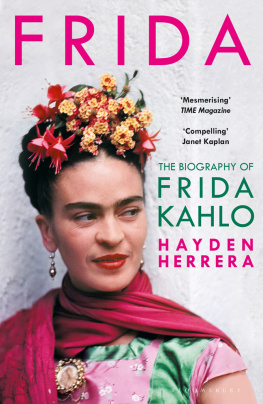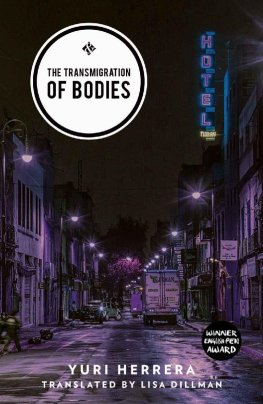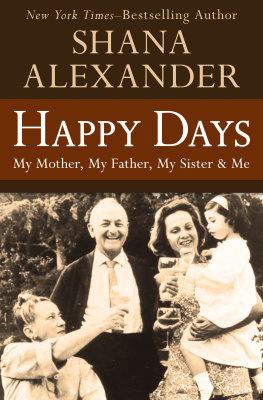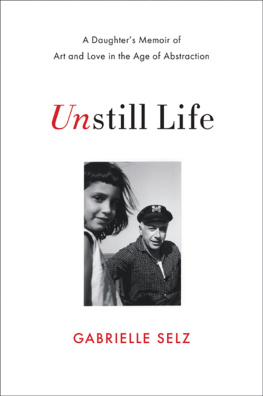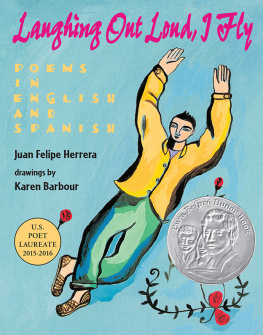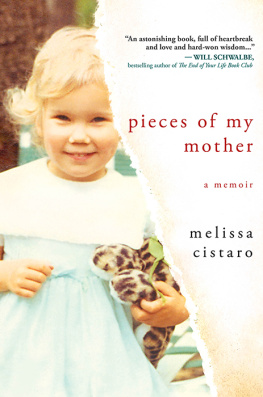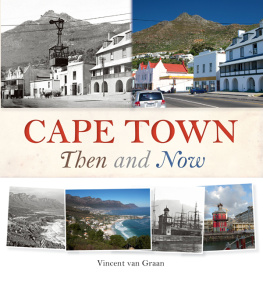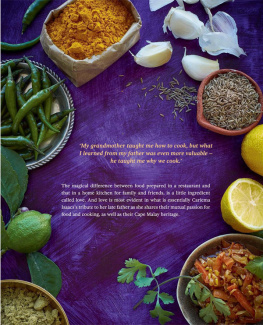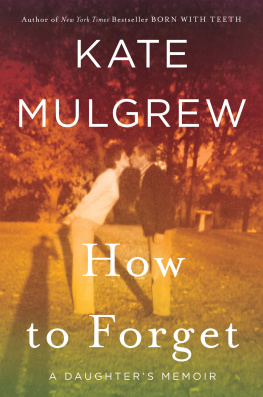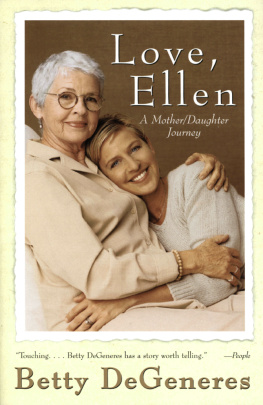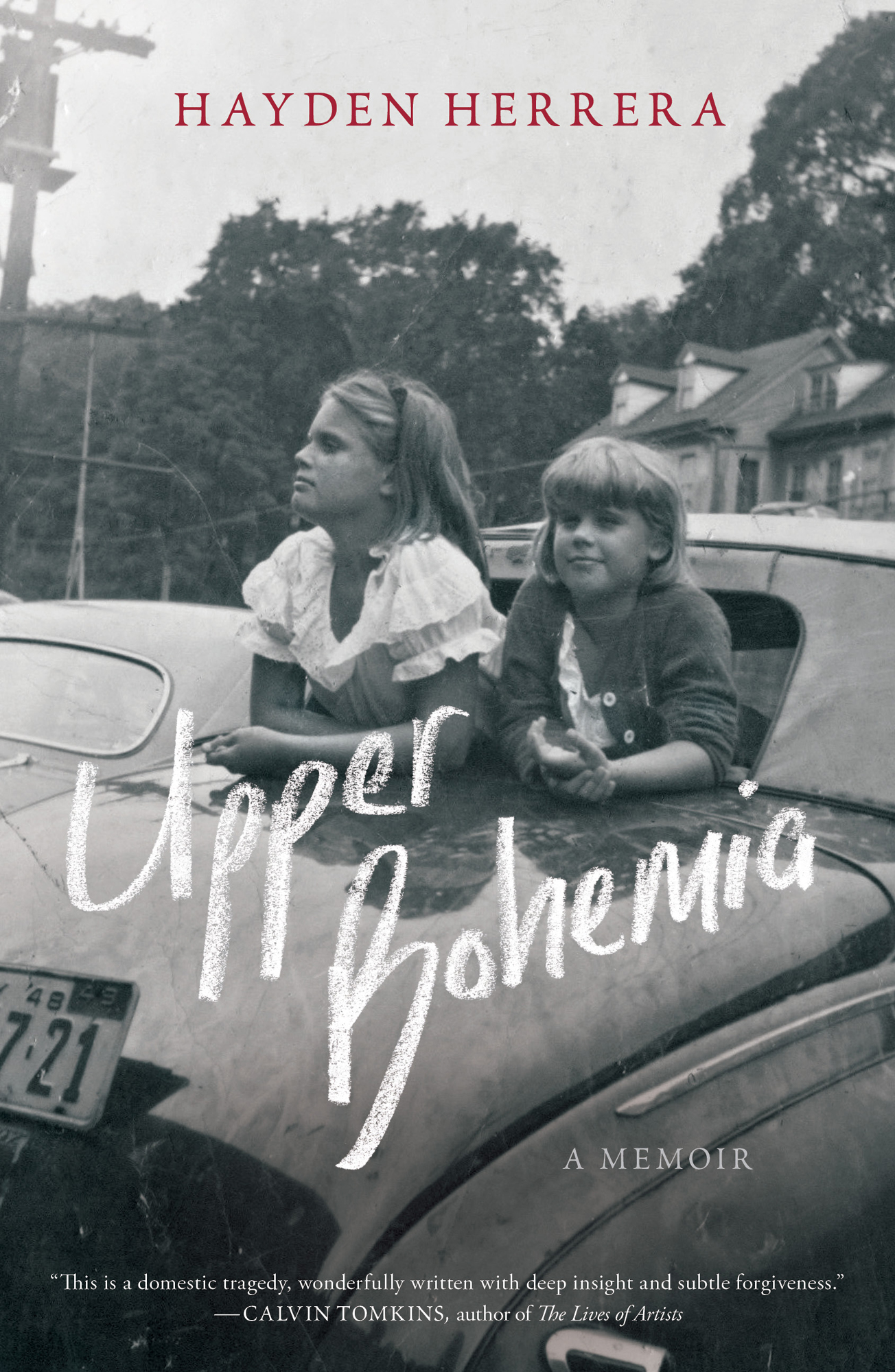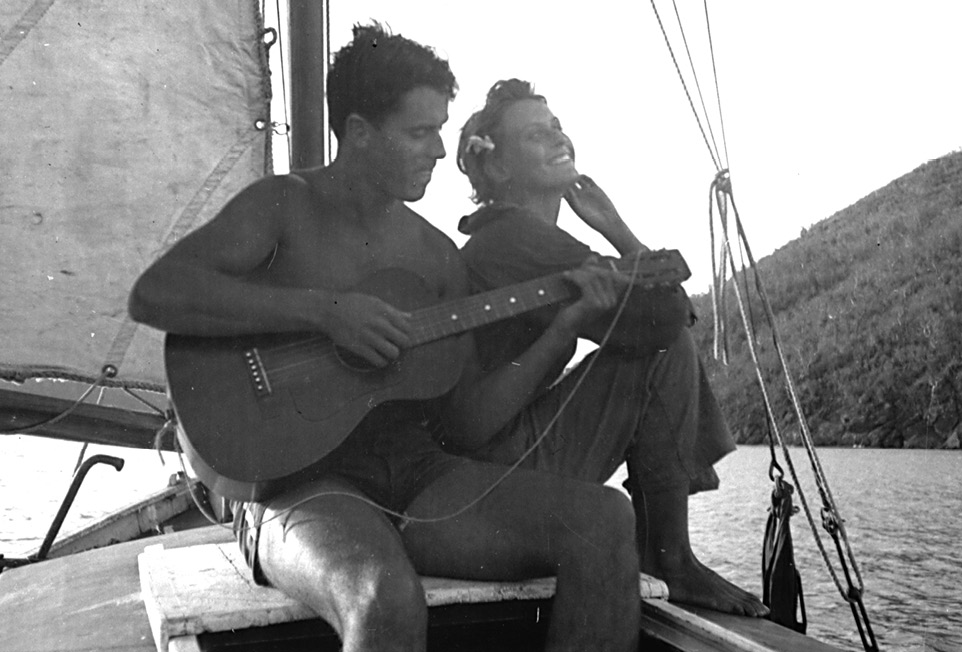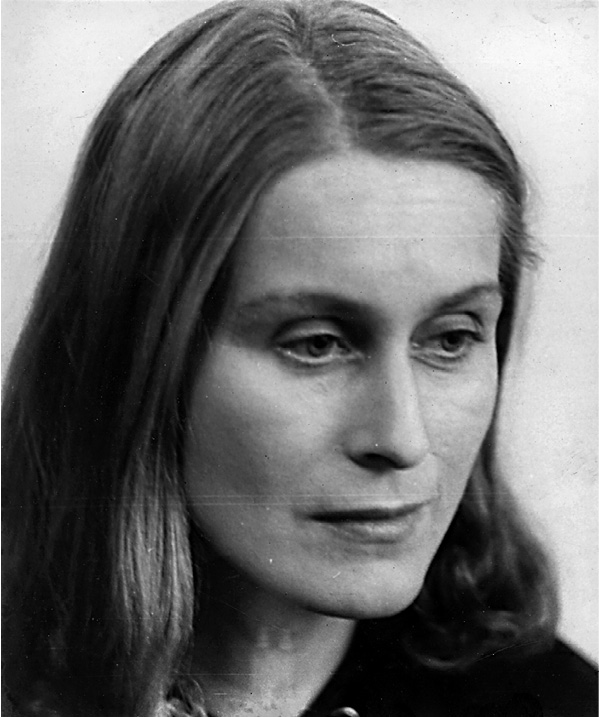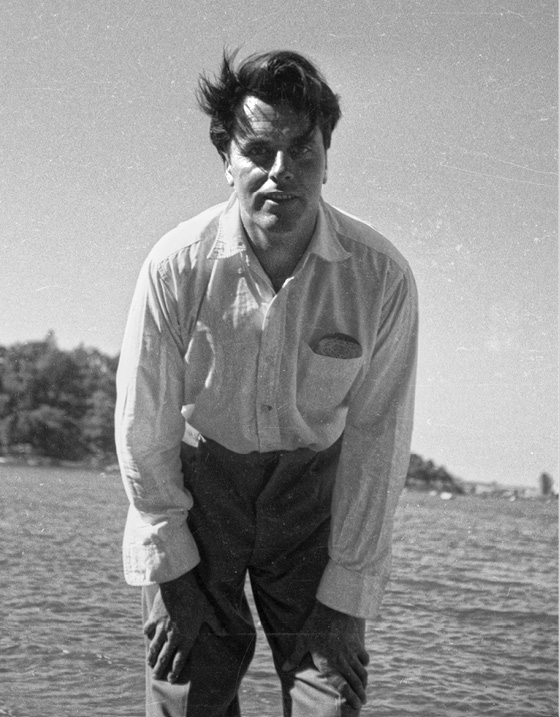Hayden Herrera - Upper Bohemia
Here you can read online Hayden Herrera - Upper Bohemia full text of the book (entire story) in english for free. Download pdf and epub, get meaning, cover and reviews about this ebook. year: 2021, publisher: Simon & Schuster, genre: Non-fiction. Description of the work, (preface) as well as reviews are available. Best literature library LitArk.com created for fans of good reading and offers a wide selection of genres:
Romance novel
Science fiction
Adventure
Detective
Science
History
Home and family
Prose
Art
Politics
Computer
Non-fiction
Religion
Business
Children
Humor
Choose a favorite category and find really read worthwhile books. Enjoy immersion in the world of imagination, feel the emotions of the characters or learn something new for yourself, make an fascinating discovery.
- Book:Upper Bohemia
- Author:
- Publisher:Simon & Schuster
- Genre:
- Year:2021
- Rating:5 / 5
- Favourites:Add to favourites
- Your mark:
Upper Bohemia: summary, description and annotation
We offer to read an annotation, description, summary or preface (depends on what the author of the book "Upper Bohemia" wrote himself). If you haven't found the necessary information about the book — write in the comments, we will try to find it.
A touching, heartbreaking, and exceptional (Town & Country) coming-of-age memoir by the daughter of artistic, bohemian parentsset against a backdrop of 1950s New York, Cape Cod, and Mexico.
Hayden Herreras parents each married five times; following their desires was more important to them than looking after their children. When Herrera was only three years old, her parents separated, and she and her sister moved from Cape Cod to New York City to live with their mother and their new hard-drinking stepfather. They saw their father only during the summers on the Cape, when they and the other neighborhood children would be left to their own devices by parents who were busy painting, writing, or composing music. These adults inhabited a world that Herreras mother called upper bohemia, a milieu of people born to privilege who chose to focus on the life of the mind. Her parents friends included such literary and artistic heavyweights as artist Max Ernst, writers Edmund Wilson and Mary McCarthy, architect Marcel Breuer, and collector Peggy Guggenheim.
On the surface, Herreras childhood was idyllic and surreal. But underneath, the pain of being a parents afterthought was acute. Upper Bohemia captures the tension between a childs excitement at every new thing and her sadness at losing the comfort of a reliable family. For her parents, both painters, the thing that mattered most was beautyand so her childhood was expanded by art and by a reverence for nature. But her early years were also marred by abuse and by absent, irresponsible adults. As a result, Herrera would move from place to place, parent to parent, relative to family friend, and school to schooleventually following her mother to Mexico. The stepparents and stepsiblings kept changing too.
Intimate and honest, Upper Bohemia captures an enchanted but erratic childhood in a rarefied milieu with the critical but appreciative eye of a seasoned art historian (The Wall Street Journal). It is a celebration of a wild and pleasure-filled way of livingand a poignant reminder of the toll such narcissism takes on the children raised in its grip.
Hayden Herrera: author's other books
Who wrote Upper Bohemia? Find out the surname, the name of the author of the book and a list of all author's works by series.


